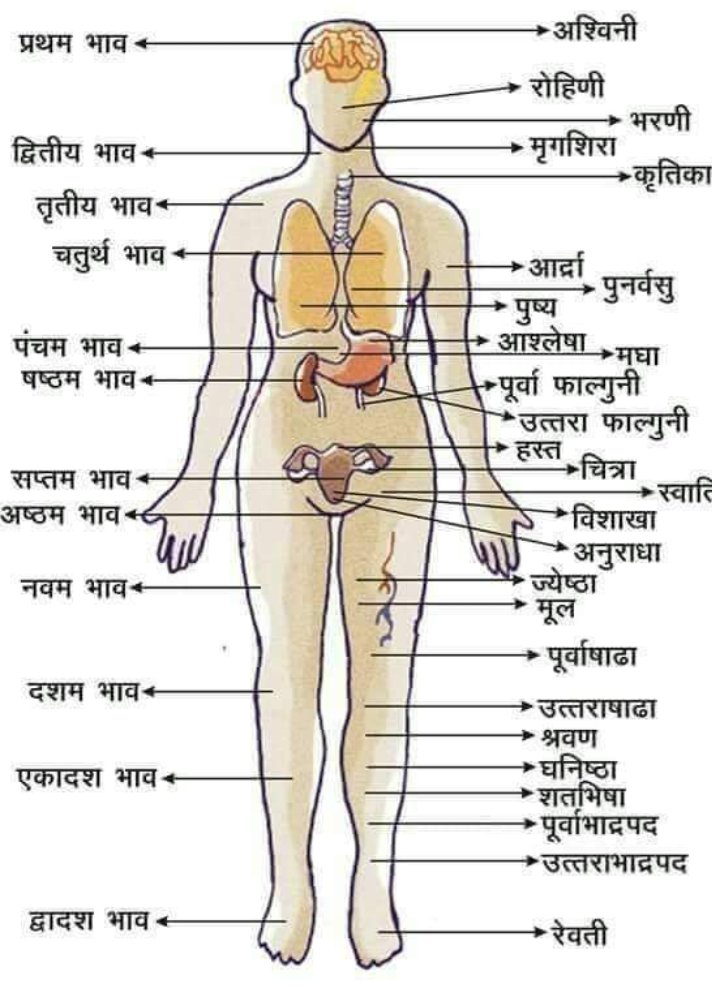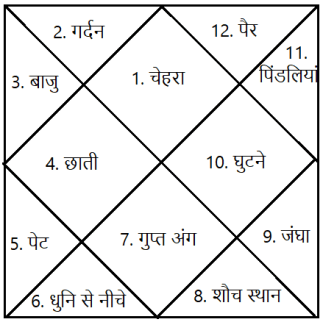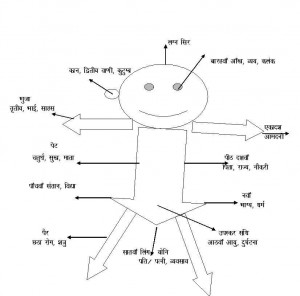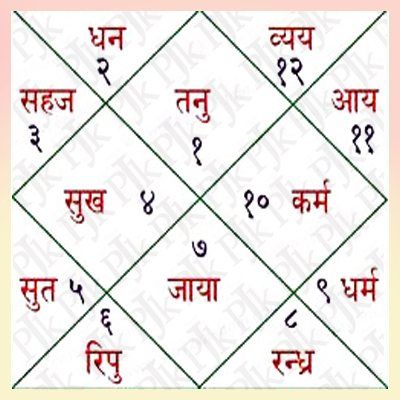The People's Twitter.
And it would definitely not selectively censor unfashionable opinions if it were run by a government bureaucracy.
Because public sector bodies only ever maximise The Common Good.
Could even call it The International Common Good Association, just to make sure
As Twitter is the virtual equivalent of a natural monopoly both left & right should agree that it needs to be nationalised as a public utility & subordinated & regulated as a public good but as it is a global phenomenon perhaps it could be governed by an international regulator?
— Phillip Blond (@Phillip_Blond) January 9, 2021
Still: There are people who I just will not ever side with, even when they have a point. And that includes Communitarians.)
5 years ago, I would have said "Lol, Twitter is just a private company, like any other. The Guardian wouldn't publish anything by me, but that's not "censorship". They're just not letting me use their platform."
However...
Not automatically. Before Parler came along, my prediction was: One day, a rival platform will pop up. A lot of Cool People will switch to it. Then lots of people will follow, because most people imitate what The Cool People do.
So...
And then, Parler happened 😱
It was...
My prediction: some high-status people will switch ➡️ everyone will follow.
The reality: some low-status people switched ➡️ nobody followed, because nobody ever follows low-status people. Everyone tries to steer clear of them.
More from Government
You May Also Like
So the cryptocurrency industry has basically two products, one which is relatively benign and doesn't have product market fit, and one which is malignant and does. The industry has a weird superposition of understanding this fact and (strategically?) not understanding it.
The benign product is sovereign programmable money, which is historically a niche interest of folks with a relatively clustered set of beliefs about the state, the literary merit of Snow Crash, and the utility of gold to the modern economy.
This product has narrow appeal and, accordingly, is worth about as much as everything else on a 486 sitting in someone's basement is worth.
The other product is investment scams, which have approximately the best product market fit of anything produced by humans. In no age, in no country, in no city, at no level of sophistication do people consistently say "Actually I would prefer not to get money for nothing."
This product needs the exchanges like they need oxygen, because the value of it is directly tied to having payment rails to move real currency into the ecosystem and some jurisdictional and regulatory legerdemain to stay one step ahead of the banhammer.
If everyone was holding bitcoin on the old x86 in their parents basement, we would be finding a price bottom. The problem is the risk is all pooled at a few brokerages and a network of rotten exchanges with counter party risk that makes AIG circa 2008 look like a good credit.
— Greg Wester (@gwestr) November 25, 2018
The benign product is sovereign programmable money, which is historically a niche interest of folks with a relatively clustered set of beliefs about the state, the literary merit of Snow Crash, and the utility of gold to the modern economy.
This product has narrow appeal and, accordingly, is worth about as much as everything else on a 486 sitting in someone's basement is worth.
The other product is investment scams, which have approximately the best product market fit of anything produced by humans. In no age, in no country, in no city, at no level of sophistication do people consistently say "Actually I would prefer not to get money for nothing."
This product needs the exchanges like they need oxygen, because the value of it is directly tied to having payment rails to move real currency into the ecosystem and some jurisdictional and regulatory legerdemain to stay one step ahead of the banhammer.

















